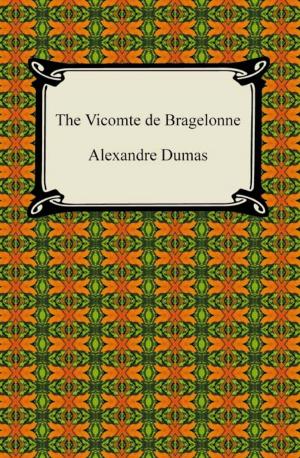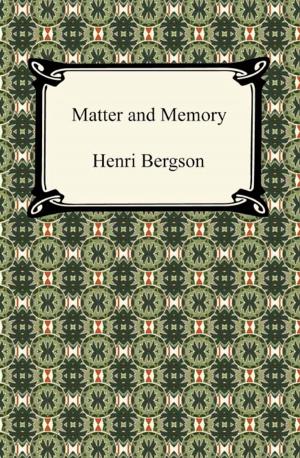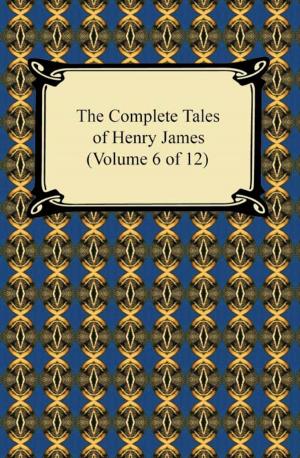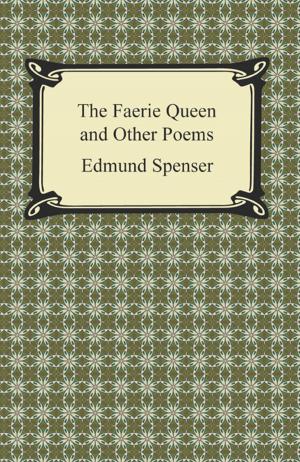Press Cuttings and The Dark Lady of the Sonnets
Fiction & Literature, Drama, Nonfiction, Entertainment, Kids| Author: | George Bernard Shaw | ISBN: | 9781420920017 |
| Publisher: | Neeland Media LLC | Publication: | December 15, 2009 |
| Imprint: | Digireads.com Publishing | Language: | English |
| Author: | George Bernard Shaw |
| ISBN: | 9781420920017 |
| Publisher: | Neeland Media LLC |
| Publication: | December 15, 2009 |
| Imprint: | Digireads.com Publishing |
| Language: | English |
George Bernard Shaw (1856-1950) is revered as one of the great British dramatists, credited not only with memorable works, but the revival of the then-suffering English theatre. Shaw was born in Dublin, Ireland, left mostly to his own devices after his mother ran off to London to pursue a musical career. He educated himself for the most part, and eventually worked for a real estate agent. This experience founded in him a concern for social injustices, seeing poverty and general unfairness afoot, and would go on to address this in many of his works. In 1876, Shaw joined his mother in London where he would finally attain literary success, and went on to win the Nobel Prize for literature in 1925. Contained in this volume are two of Shaw's lesser known works: "Press Cuttings" published in 1909 and "The Dark Lady of Sonnets" published in 1910.
George Bernard Shaw (1856-1950) is revered as one of the great British dramatists, credited not only with memorable works, but the revival of the then-suffering English theatre. Shaw was born in Dublin, Ireland, left mostly to his own devices after his mother ran off to London to pursue a musical career. He educated himself for the most part, and eventually worked for a real estate agent. This experience founded in him a concern for social injustices, seeing poverty and general unfairness afoot, and would go on to address this in many of his works. In 1876, Shaw joined his mother in London where he would finally attain literary success, and went on to win the Nobel Prize for literature in 1925. Contained in this volume are two of Shaw's lesser known works: "Press Cuttings" published in 1909 and "The Dark Lady of Sonnets" published in 1910.















